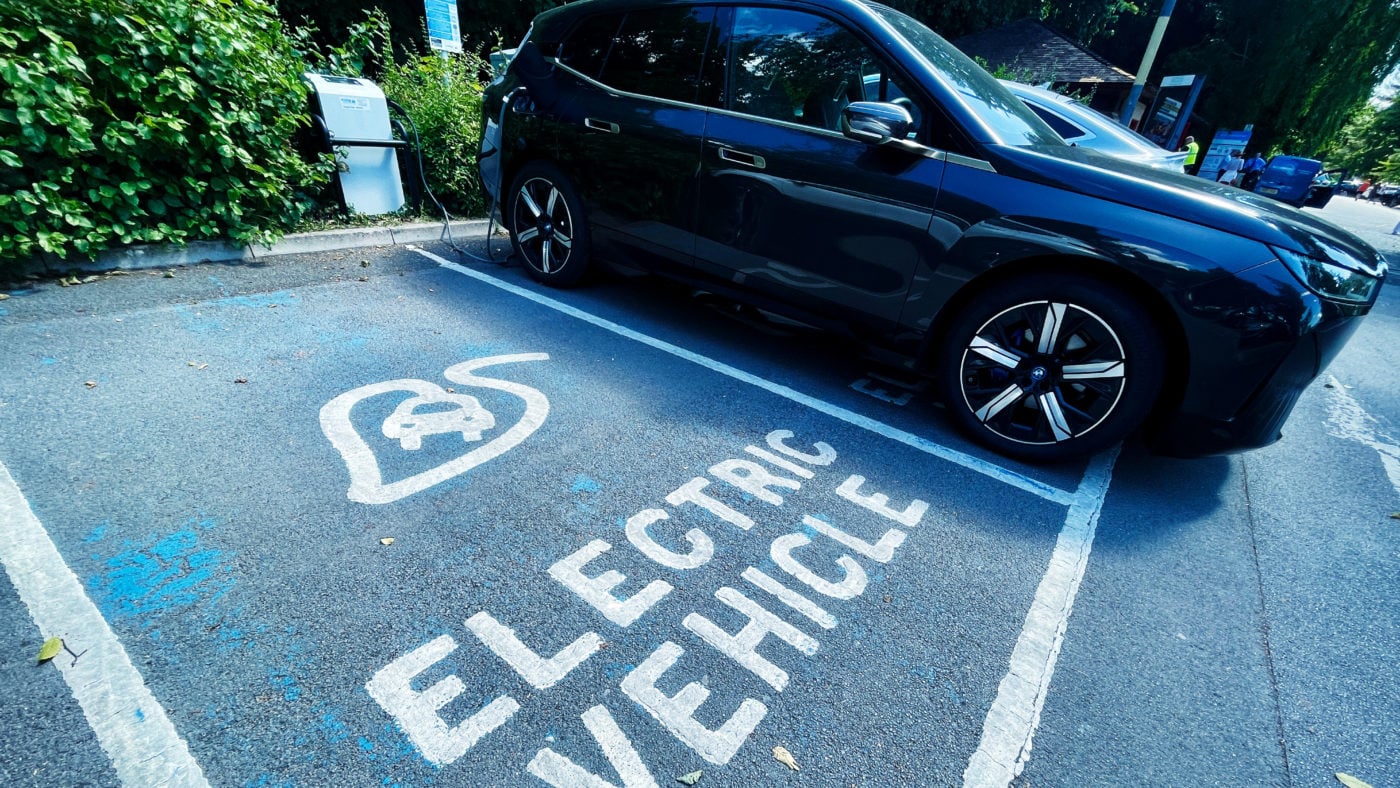Cry not for Britishvolt, for it is already dead. Although the battery start-up has secured a dripline of new funding for the next five weeks of operations, it cannot compete with established gigafactories from industrial rivals well ahead in the development of this global industry – most notably rivals in China, who provide batteries for Britain’s best known electric vehicle (EV) export, the Japanese Nissan Leaf. Boris Johnson’s prediction this year that Britishvolt would be ‘at the helm of a global green industrial revolution’ will not come to pass. It goes the way of previous ‘green growth’ fever dreams, from solar to carbon capture and storage, to tidal power and biofuels.
Cue predictable levels of moaning from the industry that the Government ‘is not doing enough’ to secure their future, coupled with interventionist ‘solutions’ involving the transfer of vast sums of money from the real economy to these zombie fantasies to keep them stumbling on longer before their predictable demise.
The issue is not the automotive industry. Britain’s manufacturers produce just under 1m of the 60-70m of cars made annually worldwide, and 1.6m conventional engines, most of which are exported. It adds about £14bn of value to the economy each year, employs nearly 180,000 people and is responsible for around 10% of the UK’s exports. Some £3bn is invested in R&D each year, and the transition from fossil fuel to alternative lower-impact supply chains is well underway.
The problem lies with politicians who believe they can command the industry to change faster, to hit their targets for a Net Zero future by the arbitrary date of 2050. They assume that today’s success can be easily converted to the industry of the future. To that end the EU is fining companies whose average car fleet emissions exceed 95g of CO2/km. The UK is banning sales of new petrol and diesel cars and vans from 2030, and hybrids from 2035.
These ‘plans and bans’ concede little ground to the reality of the pace of technological change or market demand (although, with echoes of the diesel cheating scandal, the EU does allow double counting for the contribution of German manufacturers’ most efficient vehicles). They concede little to the complexity of adapting supply chains, or component capacity limits. Cobalt prices, for example, have more than doubled in the last decade and are highly volatile. Nickel and lithium have more than tripled. A global shortage of semiconductors (components in microchips) briefly saw second hand car prices spike 30%, given few new cars were available.
On the demand side the UK is shifting subsidies from EVs themselves to the charging network, the deployment of which is lagging new EV sales. This will not help domestic industry, because imported vehicles benefit just as much. It just subsidises the generally better off early adopters of EVs at the expense of everyone else. Diesel white van man is paying for metropolitan EV family to drive their Tesla back from the airport after a lovely skiing holiday. Twice, once through fuel duty, and again through the expenditure of that duty on more convenient chargers, rather than improving the road network.
The free market alternative is to let supply adapt to demand at the unpredictable pace of innovation, rather than trying to force demand and invention by directing supply. The charger network should just be allowed to emerge, paid for by early adopters and businesses wishing to attract EV customers. As it stands, the UK’s ban is likely to see a shortage of affordable new vehicles by the target date and a surplus of older, more polluting vehicles on the road for longer. Without the ban, the environmental performance of the legacy technologies will continue to improve, meaning a smoother, less impactful transition.
The other damage is what you do not see, the diversion of investment capital from targeted industries to more friendly jurisdictions. This is the ‘green growth paradox’. Rules designed to encourage the delivery of environmental outcomes, do not deliver global leadership in environmental export industries, but create markets for imports. They contribute to a more expensive operating environment through higher explicit or implicit carbon prices, while changing nothing about the comparative disadvantages for manufacturing in the UK – namely our higher taxes, land, energy, and labour costs. All factors the new Government appears willing to make worse at this week’s Autumn Statement.
Just look at early British and EU solar subsidies, which have been a boon to Chinese industry, but done little for domestic rivals who simply cannot compete. Gigafactory boosterism is just a repeat of the same error. If the UK has an export future in these technologies at all, it is likely to be financing and services, or niche high-value manufacturing of components for specialist applications. Rent-seeking entrepreneurs will complain that their rivals benefit from state aid. That’s tough, but no reason to do likewise. If the Chinese government wishes to subsidise Britain’s EV transition, that is to our advantage, and the disadvantage of Chinese development more widely. Such advantages further cannot be sustained, and Chinese industry is already facing competition from other parts of Asia and Africa.
In brief then, the UK should let the zombies die, stop obsessing about ‘leading the world’ in industries in which it has no hope of establishing comparative advantage, and let the industry prove itself. We should celebrate genuine evidence of export success, as with our internal combustion engine past, rather than future fantasies rooted more in ideological urgency than industrial reality.
Click here to subscribe to our daily briefing – the best pieces from CapX and across the web.
CapX depends on the generosity of its readers. If you value what we do, please consider making a donation.


